Bigger incentives considered to attract investment
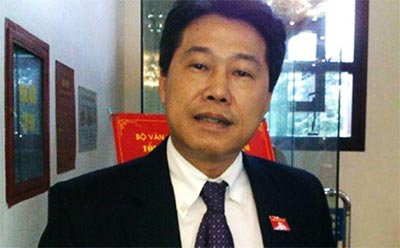
What is your view of the MoF’s proposal to apply a 10 per cent corporate income tax (CIT) over 15 years to support industry businesses?
The amendments and supplements to the current tax laws not only aim to help firms remove obstacles and to support production businesses over the short-term, but also seek to boost fields and areas closely connected to Vietnam’s socio-economic development strategy in the coming time. This includes developing a support industry and hi-tech projects and also attracting super projects.
I advocate the MoF’s proposal, even though tax collections may fall by VND400 billion ($19 million) each year. This is an important measure to helping local production units take the initiative in sourcing input materials, parts and accessories, and lowing their production costs.
What are the proposed incentives for super projects?
The MoF has proposed extending the time they are eligible for a 10 per cent preferential CIT rate from the current 15 years to 30 years at maximum, for projects valued at a minimum of VND12 trillion ($570 million).
If the proposal gets the green light, it would help Vietnam increase its charm in the eyes of foreign investors, particularly big businesses from Japan and South Korea that are seeking new investment destinations. This could help other major global players choose Vietnam as a manufacturing base, similar to what Samsung has done.
If the National Assembly approves the amendments and supplements to the tax laws, each year the state budget will need to spend VND1.3 trillion ($62 million) on value added tax (VAT) refunds. Is that feasible?
Under current regulations imported items that will act as fixed assets of investment projects in the areas of fertiliser and animal feed production, projects not using state budget capital in the fields of education, training, vocational training, healthcare, culture, sports and environment, and new ships or upgrading ships used for freshwater fishing, are not entitled to the VAT exemption. This fails to encourage firms to put money into fields that support social development.
Therefore, removing the value added tax would boost development of these areas, inspiring organisations and individuals to inject capital into building schools, hospitals, training units and environmental treatment plants. This would help reduce investment from the state budget into these fields.
Moreover, if VAT was to be cut for these sectors, the price of healthcare and education services (tuition and hospital fees) of socialised units could go down. People would enjoy the dual benefits of having more schools and hospitals at their disposal a lower prices.
What the stars mean:
★ Poor ★ ★ Promising ★★★ Good ★★★★ Very good ★★★★★ Exceptional
Latest News
More News
- Amata City Ha Long marks six years of development (April 23, 2024 | 17:00)
- Taiwan's Giant Group to build $120 million bicycle factory in Binh Duong (April 23, 2024 | 15:02)
- Nvidia delegation to explore opportunities in Vietnam (April 23, 2024 | 08:30)
- China's BOE builds $275 million electronics factory in Ba Ria-Vung Tau (April 22, 2024 | 10:44)
- Suntory PepsiCo breaks ground on its largest Asia-Pacific plant in Vietnam (April 22, 2024 | 08:53)
- New Hope ceases Binh Dinh pig-breeding project (April 19, 2024 | 18:34)
- Localities get ready for fourth FDI boom (April 19, 2024 | 16:41)
- Japanese retailer Takashimaya to advance project in Hanoi (April 19, 2024 | 11:31)
- Carmakers go it alone on e-vehicle charging solutions (April 18, 2024 | 14:00)
- Need is urgent for e-vehicle charging infrastructure (April 18, 2024 | 11:00)

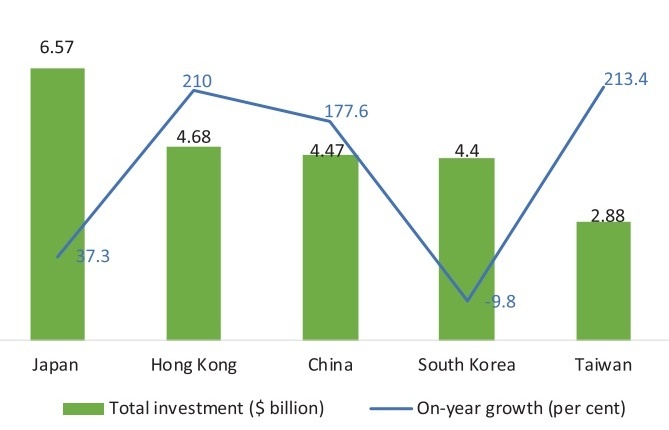
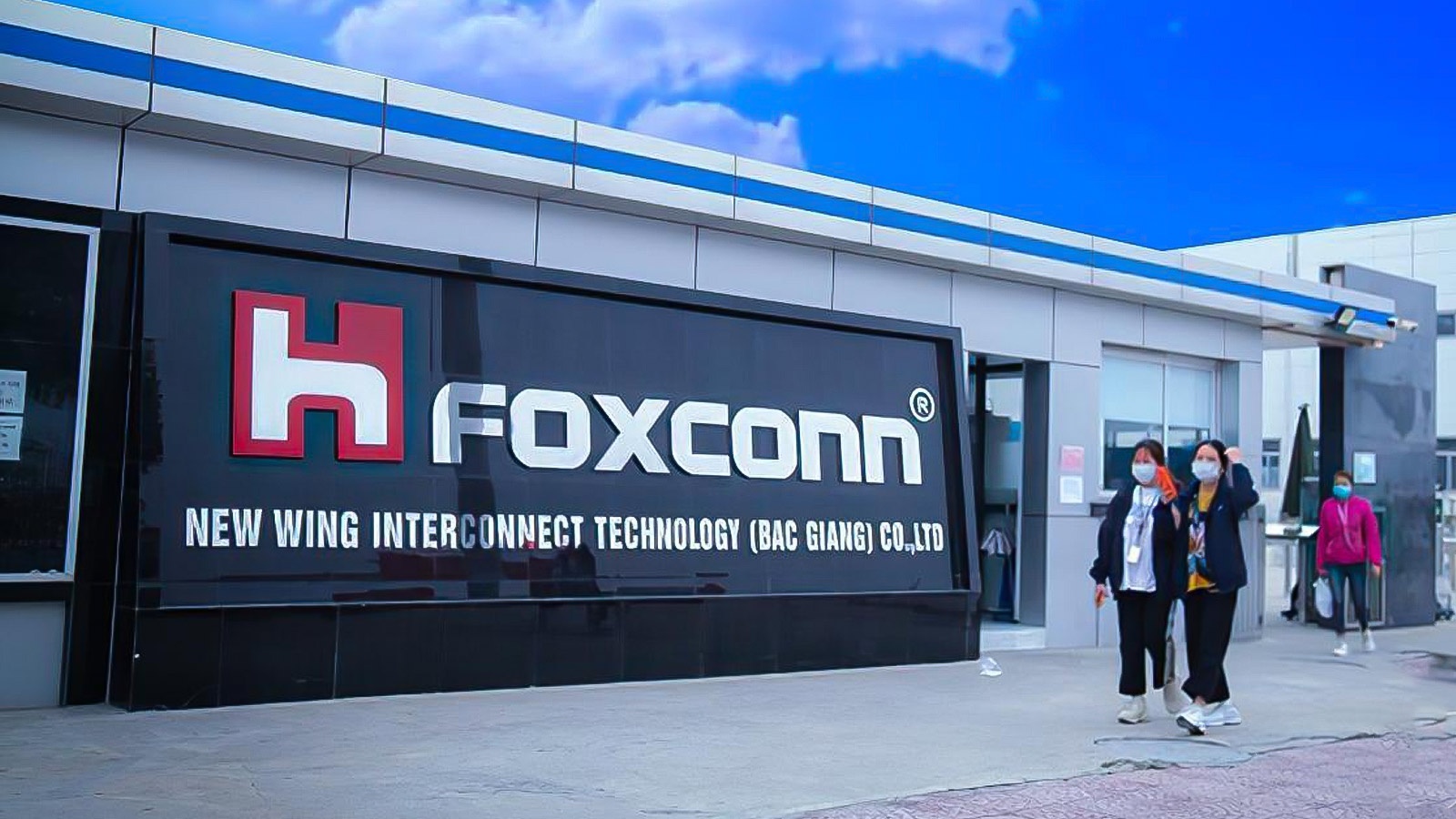
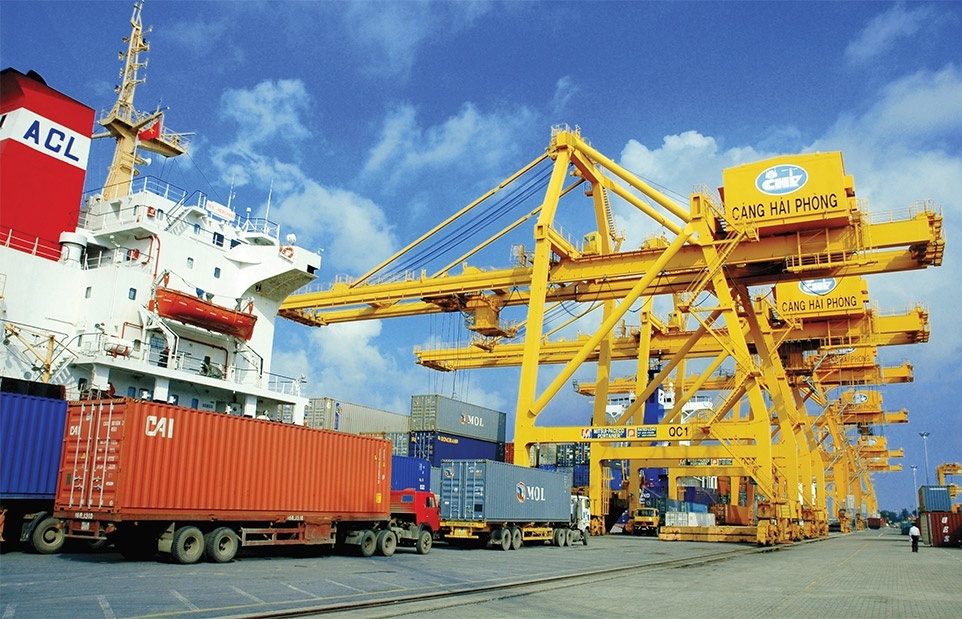
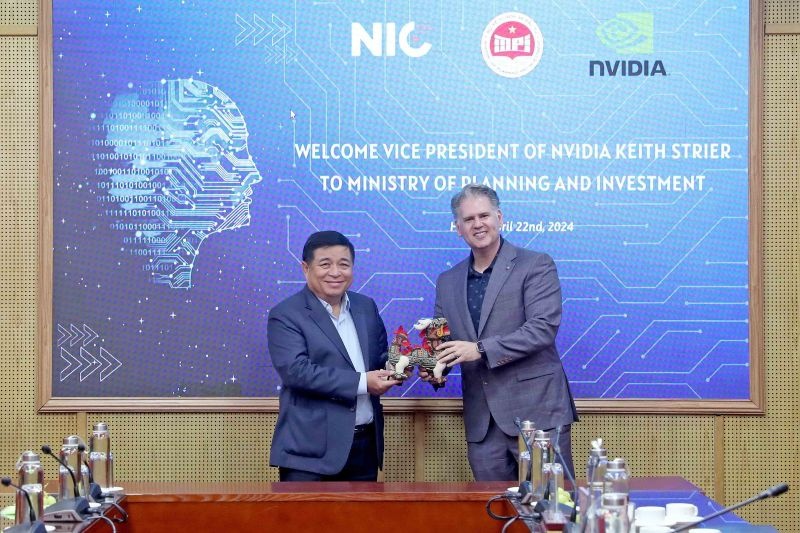
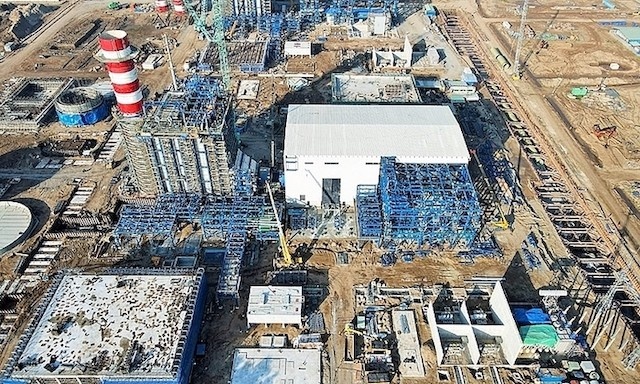



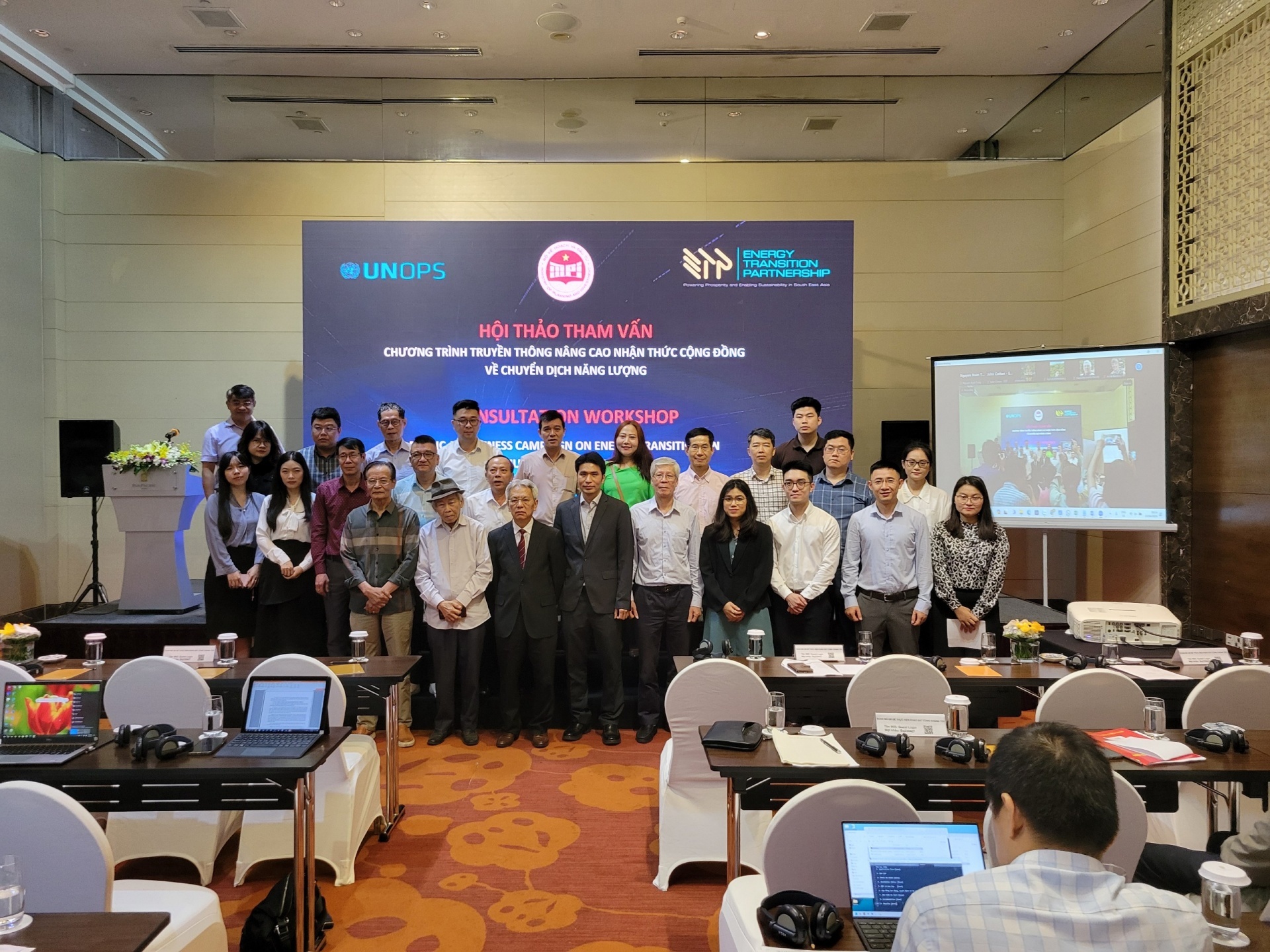

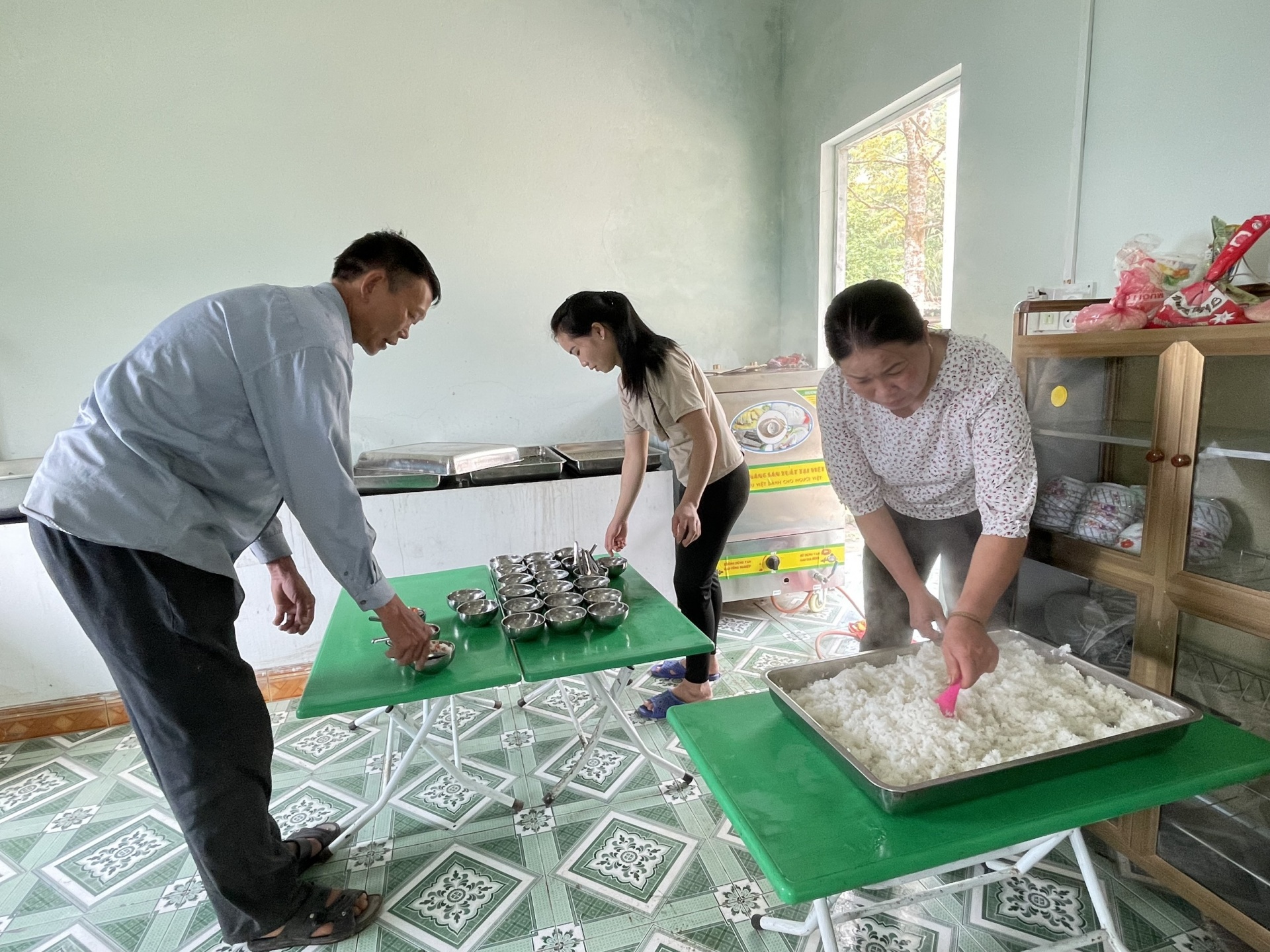



 Mobile Version
Mobile Version